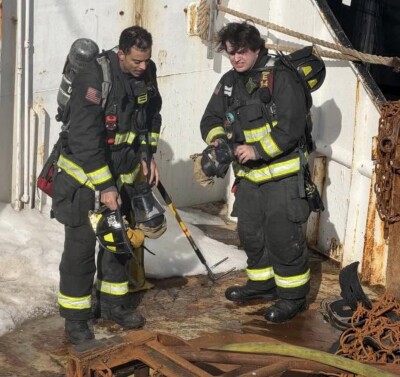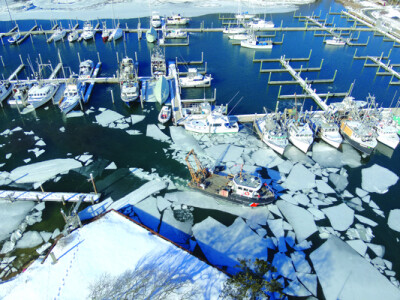TOKYO - The number of salmon returning to rivers in Iwate, Miyagi and Fukushima prefectures in Japan has decreased significantly since the 2011 Great East Japan Earthquake, tsunami and nuclear disaster.
In those prefectures, salmon eggs are collected each year, and young salmon are released into rivers. But fewer salmon than usual were released after the 2011 disaster. During autumn and winter last year, when those salmon were supposed to come back, the numbers hovered at the lowest levels since the disaster.
With five years having passed since the earthquake hit, the effect is notable.
If the number of returning salmon falls, the number of collectible eggs will also decrease, leading to fewer salmon being released in rivers and causing a negative feedback cycle. In Iwate and Miyagi prefectures, operations are under way to use eggs from salmon caught at sea to make up for this decrease.
Read the full story at the Chicago Tribune >>
Read more about Pacific salmon >>






